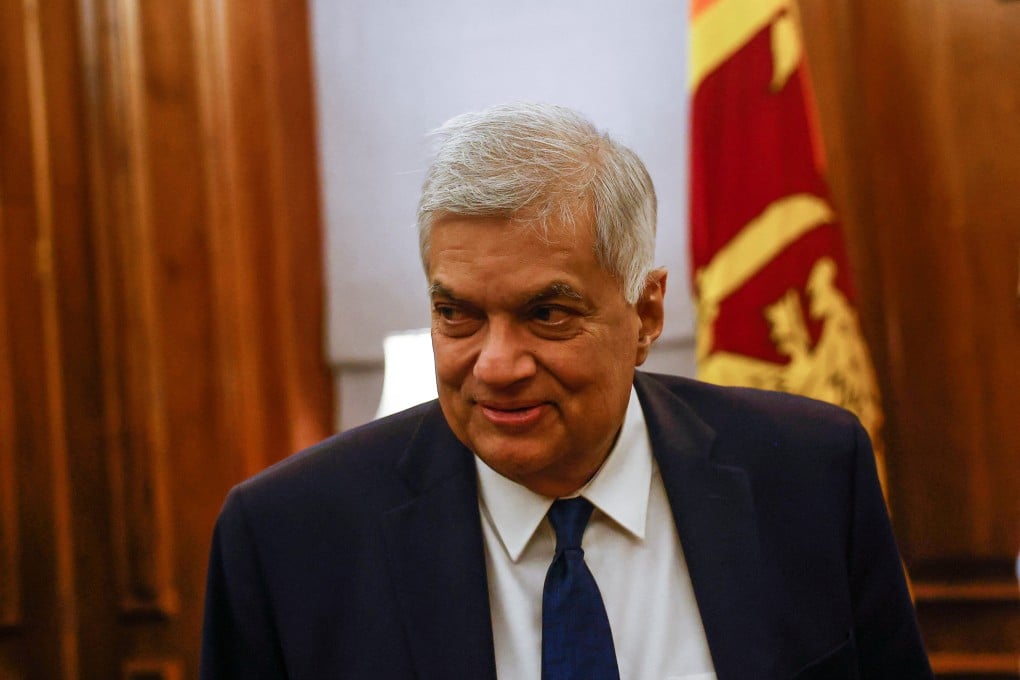Advertisement
Sri Lanka’s Ranil Wickremesinghe is president. But who’s in charge: him, or the Rajapaksas?
- It’s been six months since President Gotabaya Rajapaksa escaped his beleaguered country for a few weeks of calm and PM Wickremesinghe became its leader
- But with the powerful Rajapaksa clan still on the scene, despite this year’s mass protests, experts wonder how much power Wickremesinghe really has
Reading Time:5 minutes
Why you can trust SCMP

Almost six months after Sri Lanka’s ex-leader Gotabaya Rajapaksa fled overseas after mass anti-government protests demanding his resignation, critics say reforms have yet to materialise amid concerns the powerful and wealthy family still controls the nation through someone many say is their proxy, President Ranil Wickremesinghe.
Amid huge demonstrations, which erupted over economic mismanagement that drove the island to bankruptcy and left its citizens grappling with out-of-control living costs and shortages, protesters, also furious at endemic corruption, were clear this year that at least someone from the Rajapaksa family should step down.
Gotabaya, the nation’s first president with a military background – and the first elected president who had never held an elected office before – duly asked his brother Mahinda, the prime minister, to step aside in May. Ranil Wickremesinghe, a former lawyer, was then appointed in his place, a position he had held several times before.
Advertisement
He became acting president, according to constitutional procedures, when Gotabaya fled for the Maldives, then Singapore – he returned to Sri Lanka a few weeks later, although he has headed in recent days to the US.
With Gotabaya apparently, or at least temporarily, gone, parliament formally appointed Wickremasinghe, 73, to lead the nation through some of its darkest days on the back of the votes of the SLPP – led by Mahinda Rajapaksa – a party commanding two thirds of lawmakers.
Advertisement
It has split since the May-July uprising and Mahinda’s brother Basil is now believed to control a major component of it. Among the family, he is the most tainted with corruption allegations.
Advertisement
Select Voice
Select Speed
1.00x